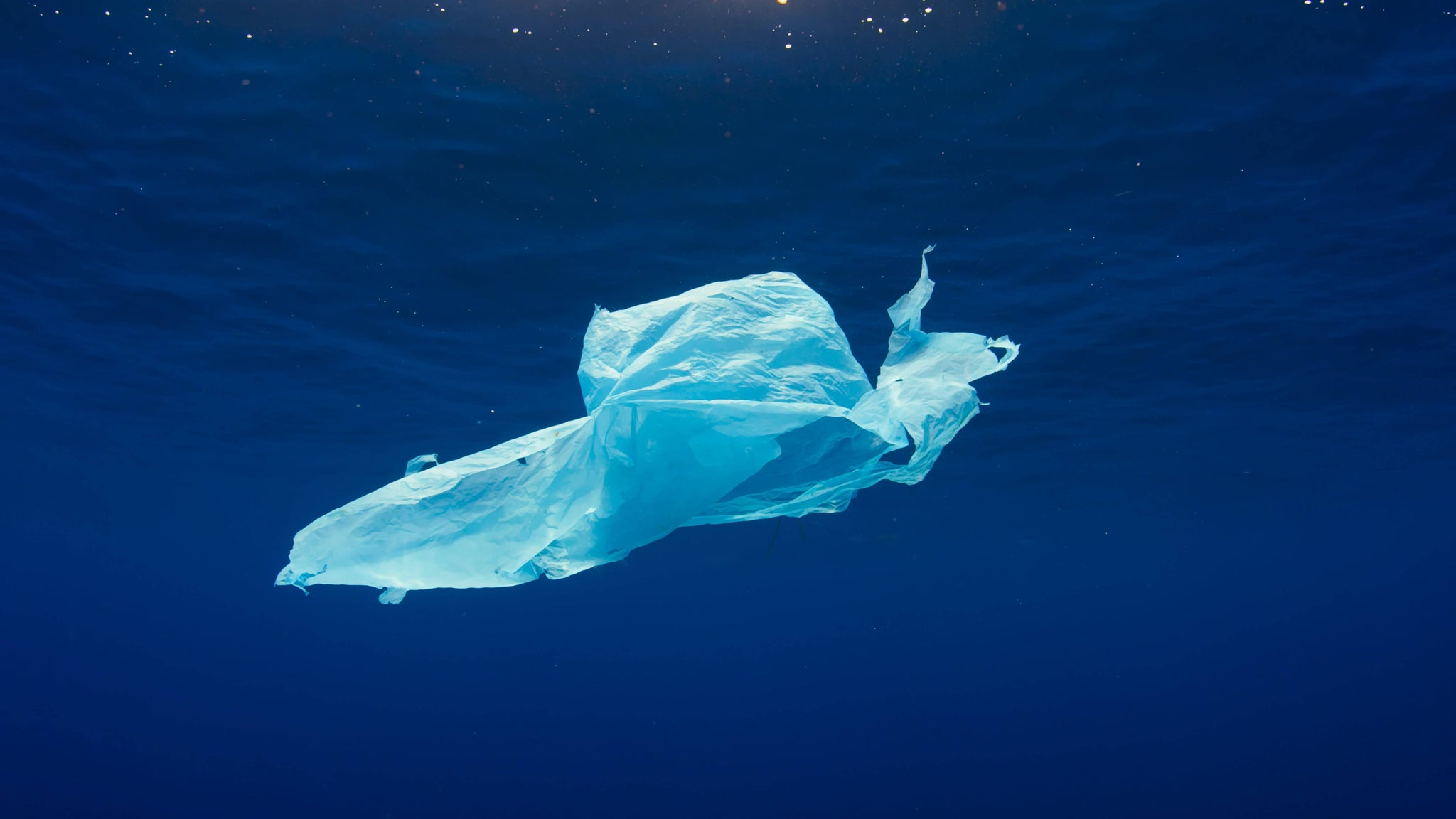You’re composting your food waste, now what?
By composting your food waste, you’re reducing the amount of waste that ends up in landfill and in turn helping to reduce climate change.
Now let’s look at soft plastics - described as any plastic that’s ‘scrunchable’ (think bread bags, biscuit and chip packets). In Australia, we use around 70 billion pieces of soft plastics each year, of this 84% is sent to landfill and only 13% is recycled[1].
Sadly, approximately 130k tonnes of plastic leaks into the marine environment every year and we don’t do anything about it, experts are estimating that by ‘2050 plastic in the oceans will outweigh fish1.
Unfortunately, we’re unable to put our soft plastics in our recycling bin as they end of jamming the sorting machines causing huge disruptions in the recycling process. However, this could change. The Australian Government are committed to reducing waste by 2030 and have invested $1 billion to turbocharge our waste and recycling industries[2]. The City of Melbourne are trialling a soft plastic recycling service whereby residents have been provided with orange bags to collect soft plastics to be then placed into yellow lid recycling bins as part of the usual recycling service.
In the meantime, rather than putting your soft plastics into the general waste bin, separate them into another bin and when you’re out and about, drop the bag of soft plastics at REDcycle Collection bin at your local Coles or Woolies. Here, they will be collected and recycled to make all kinds of new products. It takes a little effort, but will help keep our plastic bags and soft plastic packaging out of landfill and our oceans!
Resources:
Click here for a full list of the items that can be placed in a REDcycle collection bin
Click here to find your nearest RedCycle drop off point.
Sources:
[1] Department of Agriculture, Water and the Environment | National Plastics Plan 2021 https://www.dcceew.gov.au/sites/default/files/documents/national-plastics-plan-2021.pdf
[2] National Waste Report 2020 https://www.dcceew.gov.au/sites/default/files/env/pages/5a160ae2-d3a9-480e-9344-4eac42ef9001/files/nwr2020-factsheet.pdf

